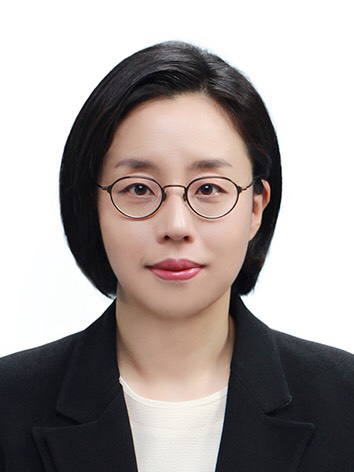How COVID-19 Is Affecting Oncology Practice in South Korea
By Jiyeon Lee, RN, NP, PhD

Oncology nurses around the world are seeing the effects of the COVID-19 coronavirus pandemic in their practices. At my facility in South Korea, nurses’ daily routines have changed and institution-wide shifts have affected patients with cancer, too.
Changes for Oncology Nurses
All healthcare workers and essential personnel now fill out self-assessment forms on a regular basis checking whether they have a fever, respiratory symptoms, any family member under self-quarantine, or recently visited an area with high COVID-19 prevalence. Each ward (unit) has a designated surveillance nurse to ensure patients, caregivers, and healthcare providers are following proper mask wearing and hand washing protocols. Visitors are not allowed, with the exception of a single caregiver.
We’ve also relocated and redesigned our nursing service flow. The oncology-specific emergency room now accepts all types of urgent cases, even those unrelated to cancer. This increased the capacity to manage respiratory emergencies related to COVID-19 in addition to those unrelated to the virus. And to help minimize transmission risk for vulnerable patients, the radiation therapy department identified separate rooms for high- and average-risk patients and scheduled treatment accordingly.
Most hospitals have a single floor designated for COVID-19 patients. Like in the United States, nurses in other wards (including the oncology ward) are taking turns to support the designated floor.
Difficulties for Patients With Cancer
Hospitals identified with confirmed COVID-19 patients have closed their outpatient departments for a certain period of time. Patients with cancer at those hospitals have to delay their chemotherapy and radiation therapy treatments or receive care at different hospitals.
Some patients with cancer stay at convalescent hospitals (which are similar to nursing homes in the United States) between chemotherapy cycles when they require medical support for adverse effects or complementary care services. But because of multiple COVID-19 outbreaks in convalescent hospitals throughout South Korea, acute care hospitals now isolate patients from convalescent hospitals before admission. Originally, they were isolated for 14 days, but we’ve currently reduced it to 7 days. Adding an isolation period makes it difficult for patients to adhere to their scheduled treatment cycle and receive appropriate care for adverse effects; they must be discharged from convalescent hospitals at least a week early to maintain the planned treatment schedule.
Similar issues occur when patients require admission. Three out of five tertiary hospitals in Seoul are currently conducting COVID-19 tests for all patients with cancer awaiting admission; however, only one supports the cost of testing. The problem here is that COVID-19 testing is not covered by national insurance for asymptomatic patients.
Hospice referrals for patients with cancer at the end of life have become increasingly difficult. Korea’s Hospice and Palliative Care Act of 2018 has increased the number of services and also changed public awareness about hospice and palliative care. However, the COVID-19 outbreak severely limits service availability. A significant number of public inpatient hospice services (18 services out of 83 as of April 17, 2020) are closed to new patients because they are functioning as centers for COVID-19 patients.
Korea’s Food and Drug Administration (FDA) approval for firstline use of some immune checkpoint inhibitors currently approved as second line, which was originally scheduled for April, has been postponed, which increases financial toxicities for patients. In Korea, patients with cancer typically pay 5% of the medical cost as copayments, but medications for non–FDA-approved indications are not covered by the national insurance, so patients are currently covering the full cost of the prescriptions out of pocket.
Everyone is doing their best to keep everyone safe, and we hope that in near future, we can find a way to prevent or cure COVID-19.
Stay safe and healthy.
